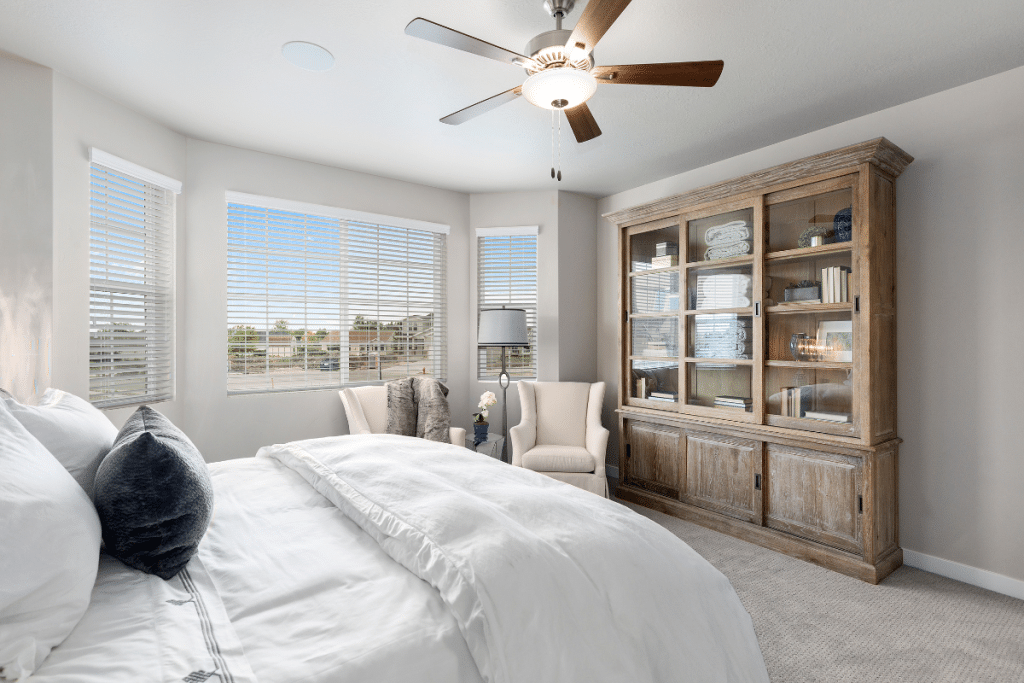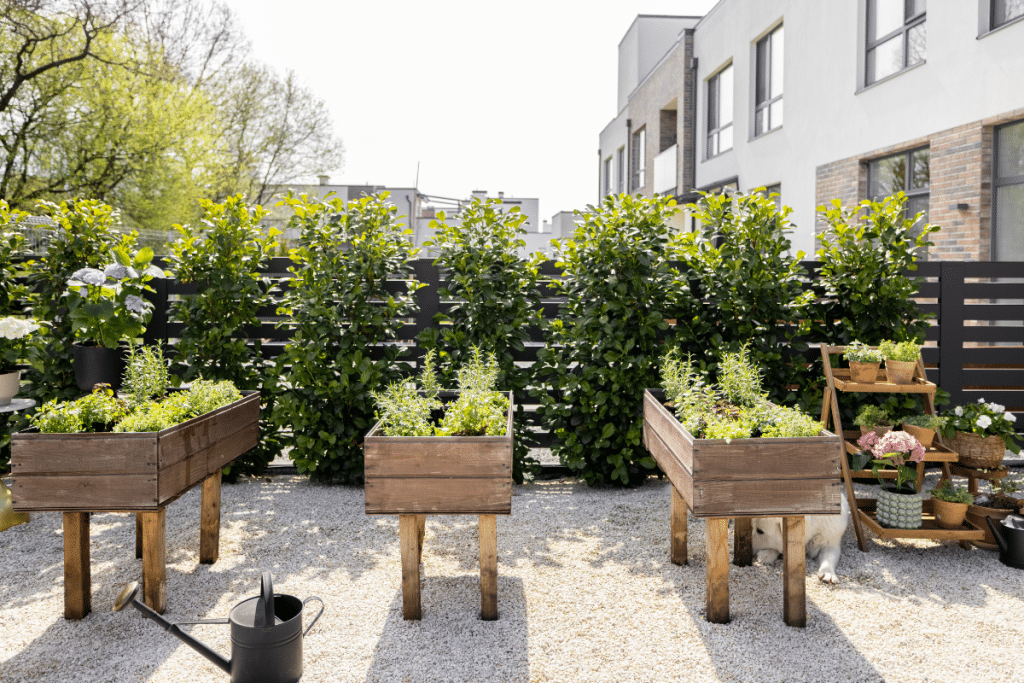Your home can have a significant impact on both your physical and mental health. Here are some ways in which your home environment can influence your well-being:

Physical Health:
Indoor Air Quality: The air quality inside your home can affect your respiratory health. Poor ventilation, mold, dust, or pollutants can lead to allergies, asthma, or other respiratory issues.
Safety and Hazards: The condition of your home, such as structural integrity, electrical wiring, or presence of hazards like lead paint or asbestos, can impact your physical safety and risk of accidents or injuries.
Natural Light and Exposure to Nature: Access to natural light and views of nature have been linked to improved mood, increased vitamin D production, better sleep quality, and enhanced overall well-being. Insufficient natural light or lack of exposure to nature can negatively impact your physical health.
Noise and Pollution: Excessive noise from traffic, neighbors, or construction, as well as exposure to environmental pollution, can contribute to stress, sleep disturbances, and potential long-term health effects.

Mental Health:
Comfort and Relaxation: Your home’s design, layout, and furniture choices can create a comfortable and relaxing environment. A well-designed and organized home can promote relaxation and reduce stress levels.
Privacy and Personal Space: Having a private space within your home allows you to have moments of solitude and rejuvenation. Privacy can contribute to better mental well-being and help in managing stress.
Psychological Impact of Colors and Décor: Colors and décor choices in your home can impact your mood and emotions. For example, warm colors like red and orange can energize and stimulate, while cool colors like blue and green can have a calming effect.
Organization and Clutter: A cluttered and disorganized home can contribute to feelings of overwhelm, stress, and anxiety. On the other hand, an organized and clean-living space can promote a sense of calm and mental clarity.
Connection and Social Support: Your home can serve as a place for social connection and support from family and friends. A welcoming and inviting home can foster positive relationships and a sense of belonging.

It’s important to create a home environment that promotes both physical and mental well-being. Factors such as cleanliness, safety, comfort, natural elements, and personalization can all play a role in enhancing the health and happiness within your home.

